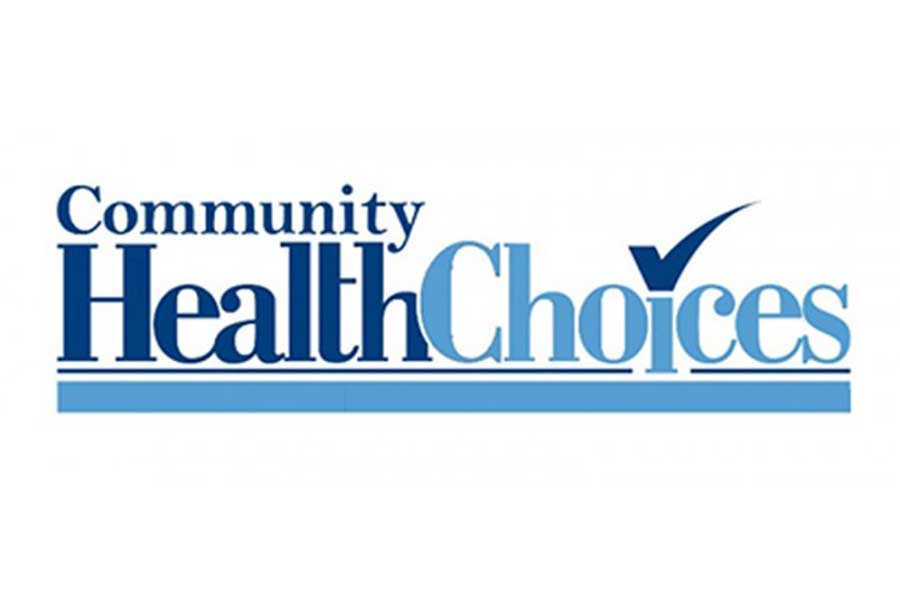Community HealthChoices (CHC) is Pennsylvania’s new mandatory managed care program for individuals age 21 and over with Medicare and Medicaid coverage. The program includes those who receive Medicaid-funded Long-Term Services and Supports (LTSS) – nursing home care or home and community-based services (HCBS).
CHC began in Southwestern Pennsylvania in January and is set to start in the Southeast’s five-county area on January 1, 2019. Nearly 128,000 individuals in Southeast Pennsylvania will transition to CHC.
It is challenging to understand the differences and complexities of the Medicaid and Medicare programs. Medicare is a federal health program administered by the Centers for Medicare and Medicaid Services (CMS) for eligible people age 65 or older, or persons under 65 who qualify based on having a disability.
Medicaid is a jointly funded federal and state program administered by the state. It covers health care and other related benefits including Medicare out-of-pocket costs, nursing-home care, and HCBS for certain people with low income and limited assets.
How will CHC be different than what currently exists?
Pennsylvania’s current Medicaid system is “fee for service.” Providers are paid by the state for the services that consumers use.
Under CHC, the state will instead pay Managed Care Organizations (MCOs), or health insurance companies, to coordinate and pay for participants’ Medicaid services. Participants will choose from one of three CHC-MCO plans being offered: AmeriHealth Caritas/Keystone First, PA Health & Wellness, or UPMC Community HealthChoices.
The transition from fee-for-service to CHC managed care represents a significant change. Consumers may not understand their rights or how managed care works.
An Independent Enrollment Broker will help applicants understand plan choices and enroll in a plan. Each CHC-MCO plan must offer the same physical health and LTSS benefits. However, Medicaid provider networks, Medicaid co-payments and Medicaid drug formularies may differ. In addition, each CHC-MCO offers “value-added benefits” beyond what Medicaid currently provides.
If a consumer transitioning to CHC does not choose an MCO plan, they will be automatically enrolled in one. However, participants can change plans at any time. The LIFE (Living Independence for Elders) program will continue and is an alternative option for LTSS participants.
Are there changes to Medicare coverage?
About 95 percent of CHC participants will have both Medicare and Medicaid coverage. It is important to know that Medicare coverage will not change. Consumers cannot be forced to change their Medicare coverage, their primary care physician or other Medicare providers, even if their doctors or providers are not in the CHC-MCO plan’s network.
The CHC-MCO will cover the Medicare out-of-pocket costs that ACCESS now covers. Participants will need to show their doctors and providers their new CHC-MCO card in addition to their Medicare card.
What does CHC cover?
CHC covers Medicaid physical health benefits and LTSS. LTSS includes both nursing home residents and those who receive services such as adult daily living centers, personal assistance, and home delivered meals. Unlike Medicare, for the most part, participants must use LTSS providers that are part of the CHC-MCO plan’s network.
What continuity of care is provided?
All Medicaid managed care programs must provide “continuity of care” to protect against interruptions in services or care received when transitioning into a new managed care plan. CHC-MCOs must allow participants to use the same providers and continue to receive any ongoing treatment for at least the first 60 days of enrollment into a CHC-MCO. This applies to both first-time enrollments as well as when a participant changes plans.
There are additional protections for nursing facility residents and those receiving HCBS Waivers at the time CHC starts in their area. Nursing-home residents whose care is paid by Medicaid will never be forced to leave the facility unless they choose to do so or become ineligible for Medicaid. Waiver participants using HCBS can continue with their current service plan and providers for the first 180 days after enrolling in CHC.
How will people be notified?
Those transitioning to CHC will get multiple notices beginning with a flyer to be mailed in mid-July. It is important that consumers know they have rights including:
• The right to change plans at any time;
• The right to keep their Medicare coverage, doctors and providers.
• The right to file complaints, grievances and appeals.
The Center for Advocacy for the Rights and Interests of the Elderly (CARIE) is here to help now and in the future. We just posted An Advocate’s Guide to Community HealthChoices on our website at www.carie.org that provides detailed information about CHC. Call CARIE at (215) 545-5728 with any questions or problems.
Kathy Cubit is the director of advocacy initiatives at the Center for Advocacy for the Rights and Interests of the Elderly (CARIE). To learn more, visit www.carie.org.
